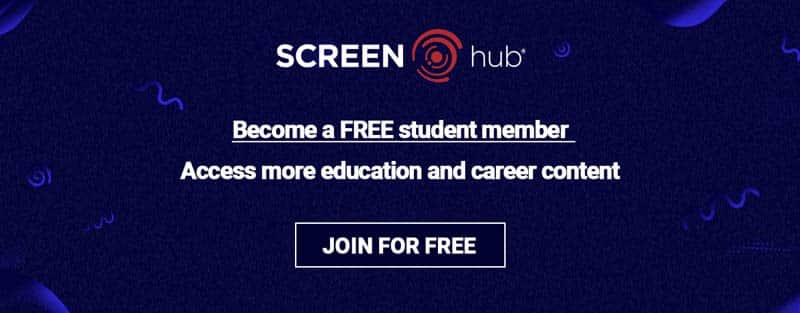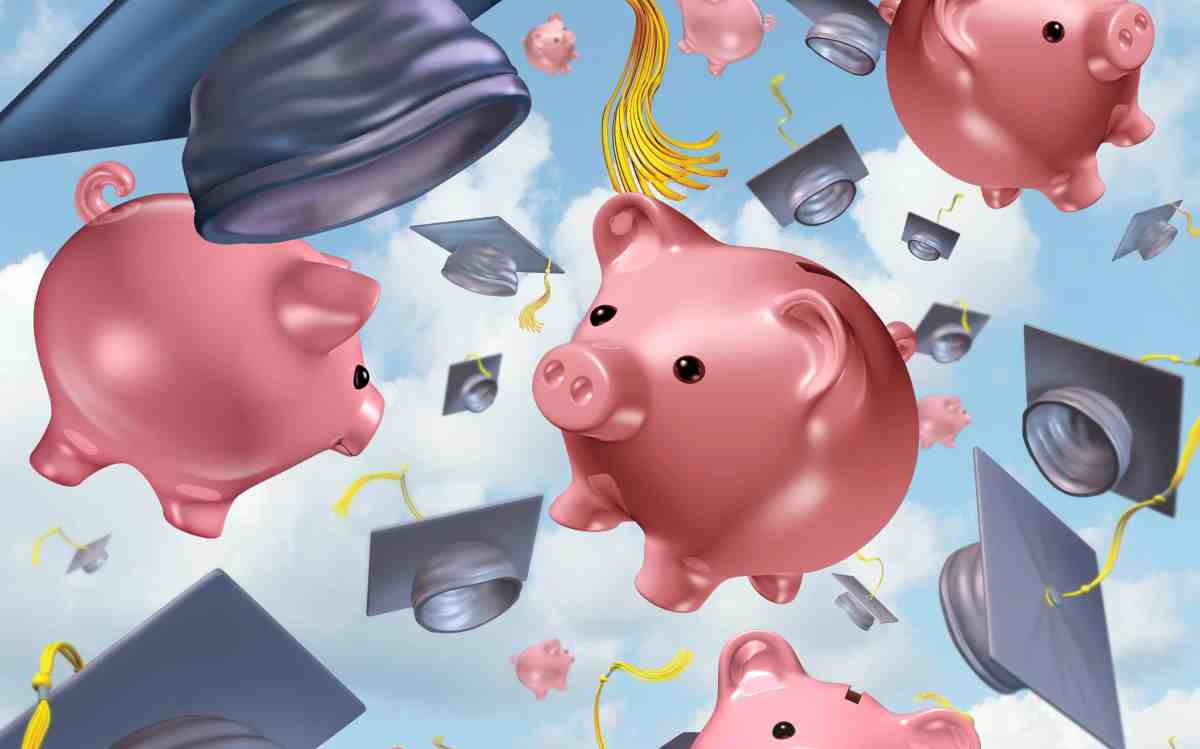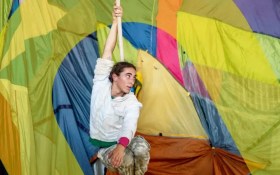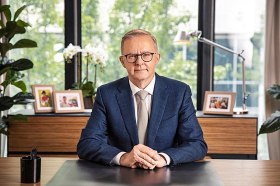Calls for free uni
Last month’s education in brief was all about the Budget and feeling the pinch. We looked at the Federal Budget’s modest allowance for arts education, the rising cost of living and the even more soaring costs of school and uni fees. Then there was the 7.1% indexation of HECS/Help debts on 1 June 2023. No wonder we were darkly contemplating the winter solstice.
It was welcome light at the end of the tunnel then, to see the Vice Chancellor of Melbourne University, Professor Duncan Maskell, calling for free university education for domestic students in Australia. Joining the Greens, Socialists and student unions, Maskell used his annual address to call on the Albanese Government to abolish university fees for domestic students and resurrect the 50-year-old policy of former Labor Prime Minister Gough Whitlam.
In case you’re young and unlucky enough not to remember, university was free for Australian students from 1974 to 1989. Then Labor reintroduced fees and unrolled the HECS scheme.
Maskell, himself a working class beneficiary of free tertiary education in the UK (and incidentally the highest paid vice chancellor in Australia), said that university fees and the accompanying deferred loan schemes had not helped more students from poorer and disadvantaged backgrounds to enter university, and admitted that if he’d been required to take out a loan he would certainly not have gone to university.
As reported by the The Guardian, Maskell said, ‘What we have done by normalising the business of the students paying their university fees, is to entrench in our culture the idea that university education is only of private benefit to individuals – not public benefit to societies. This is a gravely mistaken emphasis.’
Since Labor’s election win in 2022, the higher education sector has been engaged in vigorous discussions ahead of significant reforms. An interim report is imminent.
The problems of inequity are central to the discussions. The latest research from Innovative Research Universities shows Australia is falling short by 25,000 of the 2030 target for 20% of enrolments to be students from low socioeconomic backgrounds.
Just in case you thought free higher education was a ‘pigs might fly’ dream, countries such as Germany, Sweden, Poland, Chile, Mexico, Latvia and Estonia offer it free for domestic students, while in New Zealand, the first year of study is free. And, in Norway, it’s free for anyone from anywhere.

Make uni course materials free?
Another idea that’s gaining traction is that of making course materials free for all to access. Over at The Conversation, Richard F Heller argues that a certain proportion of educational resources generated by publicly funded universities should be made public and freely available. Heller cites international precedents, as well as the Productivity Commission’s March 2023 report recommending that the government require ‘all universities to provide all lectures online and free’ to increase transparency in teaching performance and encourage online learning.
This would not prevent students from actually enrolling in university, according to advocates of free materials, because institutions sell credentials not materials. And with the rise of AI, such credentials are set to become even more important as a check against cheating, plagiarism and the outright fantasies the bots are known to sometimes indulge in. Perhaps we’re set to see more oral examinations and spoken theses defences.
Read: Creatives with ADHD: how a coach can help
Another interesting piece at The Conversation looks at how some Australian uni students approached AI in their first semester with ChatGPT. The study cited was of a smallish group (78 students and 32 academics) but suggests this initial phase contained much confusion and suspicion, and some tempered excitement. More respondents are invited to have their say about AI in education here.
More sad stories, more international students exploited
The Age reports that employers are still exploiting international students, say advocates and lawyers. Some students say they are paid as little as $10 an hour as some businesses take advantage of their need to work more hours than they are legally allowed or their lack of knowledge of entitlements.
Also at The Age, universities and Australia’s biggest student housing provider are using a loophole to evade renter protections for students.
Arts Learning Festival for students and schools
The Arts Learning Festival celebrates the importance of arts in education, with innovative interactive and virtual events for students and schools that bring together Australian and international artists to deliver events with deep connections to the curriculum.
Hosted by Independent Schools Victoria (ISV), but open to schools from all sectors, the Arts Learning Festival was first held in 2017. It takes place every second year and the 2023 iteration happens in three phases: May, July and October.
The Term 3 events in the program include painting with chocolate in Anime in Chocolate (years 7-10), Helen Johnson’s Postcard to my Future Self painting masterclass (years 9 and 10), and Mia Salsjö’s Sound & Sight-Art Architecture & Music (years 9-11).
There’s also a Student Film Festival calling for five-minute student film entries in five year-level categories from Prep to Year 12. The closing date is Friday 1 September 2023.
In case you missed our recent education stories
- New toolkit to help artists engage with local government. Hopping into bed with local government makes sense. But how do you do it right? NAVA’s new toolkit helps artists engage. The National Association for the Visual Arts (NAVA) recently launched Love Your Local, a new toolkit designed to help artists, makers and designers engage with Local Government Authorities (LGAs).
- High schoolers and mental health: can art help give them space? A slightly unconventional artist-in-schools project is revealing the power of uninterrupted, quiet creative time for teens.
- Want schools to love what you do? 7 things you need to know. Top tips from arts companies that are kicking goals in the education space and running schools programs that really connect
- Ten tips for creating a web series that cuts through the noise. Be bold, grab attention and ask for help. Good advice on making web series from writers and producers Amanda Reedy and Serena Hunt.
- Why I studied… at Adelaide’s Guitar Winter School. Classical guitarist Connor Whyte won the most prestigious guitar competition in the southern hemisphere, after honing his skills at Adelaide’s Guitar Winter School.
- Why I’m studying… Game Design and Production. Third-year UniSA student Emily Brown talks about her passion for 3D modelling, her pathway to study and advice for other students.
- Indigenous-led design students represent Australia at Prague Quadrennial. Jacob Nash is representing Australia and leading VCA students at the world’s largest festival of scenography, performance and theatre design.





